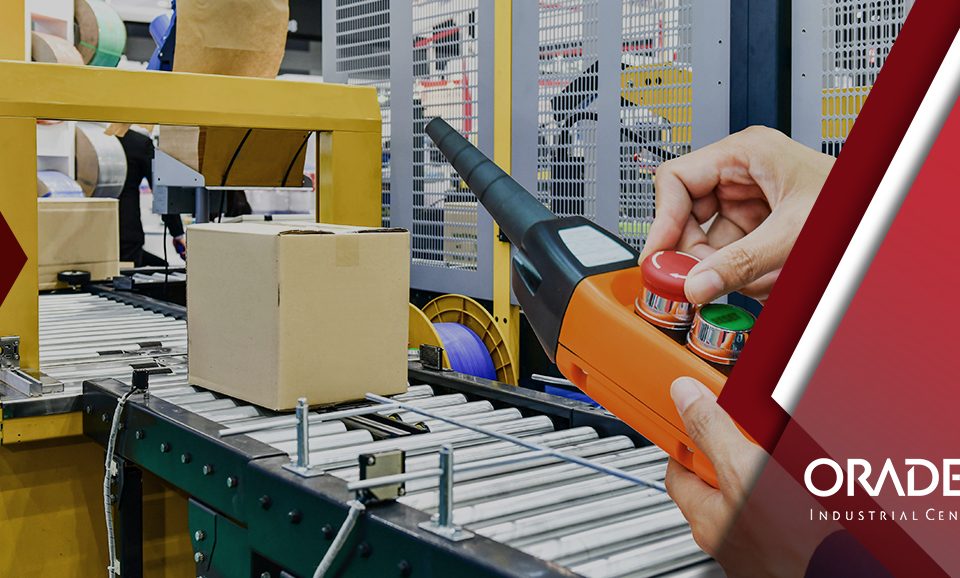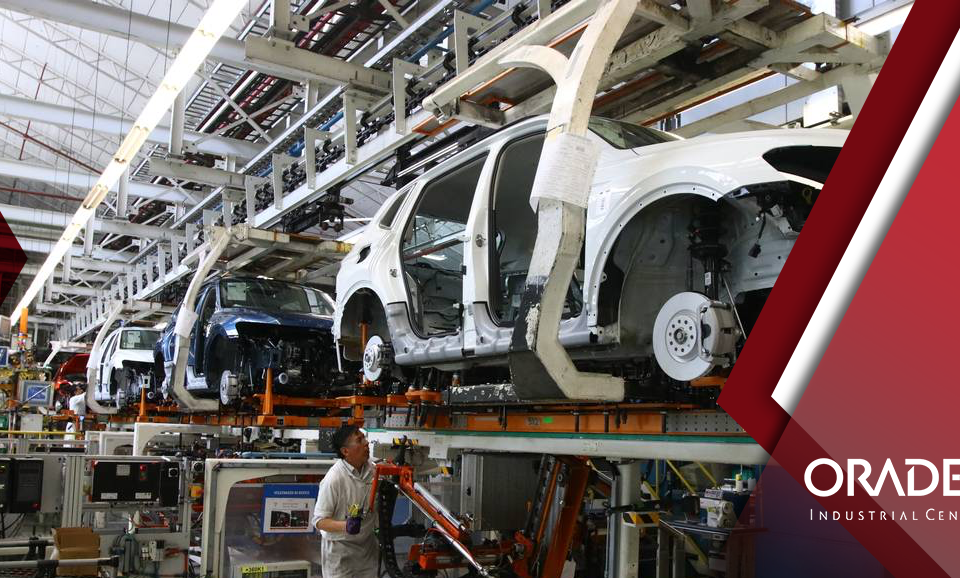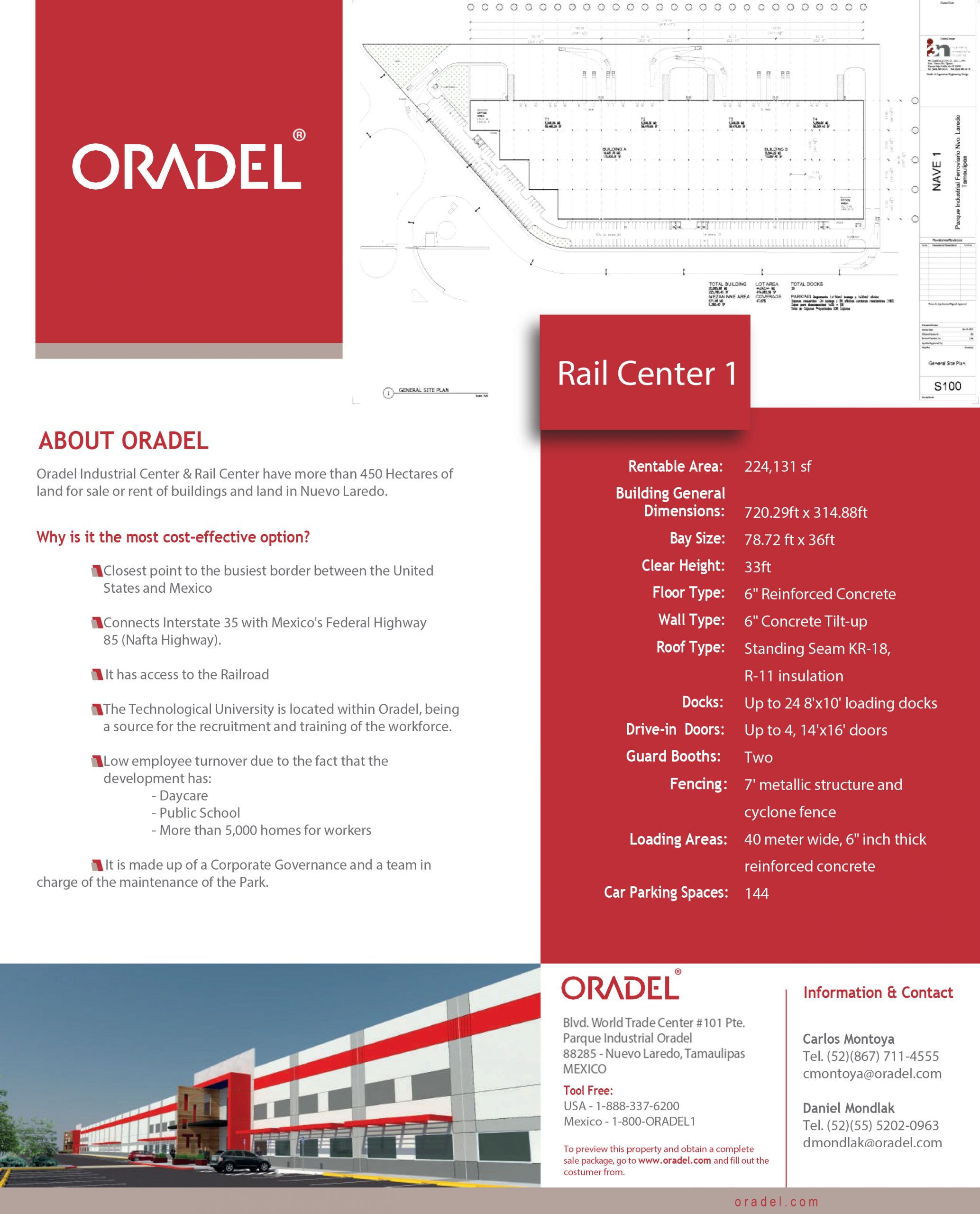Mexico undergoes a V-shaped recovery with advanced technology exports to the United States

Asian Maquiladoras are interested in investing in Tamaulipas
17 December, 2020
Mexico envisions opportunities with the FTA EU-MX
17 December, 2020
Mexico undergoes a V-shaped recovery with advanced technology exports to the United States
Mexico underwent a V-shaped recovery with advanced technology exports to the United States after a decline due to industrial measures taken to contain the pandemic.
From January to August of this year, external sales totaled 37.69 billion dollars, which represented a 2.8% decline compared to the same period last year.
The type of products considered to be advanced technologies are electronic materials, aerospace, biotechnology, flexible manufacturing, as well as information technology, communication, life sciences, nuclear, weapons and optoelectronics.
First, Mexico achieved year-on-year growth rates in this indicator during the first quarter of the year, driven in part by substituting products from Asia and Europe, where the COVID-19 pandemic was the most widespread at that time.
However, Mexican advanced technology exports to the U.S. market had a decrease of 23.2% in April and 32.5% in May, at annual rates.
In a third stage, Mexico managed to increase sales by 6.3% in June, 6.9% in July and 2.8% in August, based on the latest data released by the U.S. Department of Commerce.
In relative terms, Mexico reached a 12.1% share as an indicator for the total of such purchases by the United States, the same share it had from January to August 2019.
Currently, Mexico exports parts and structures for airplanes, smart phones, televisions, medical equipment and devices, microprocessors and computers, among other advanced technology.
In general terms, advanced manufacturing is one of the most important links for creating competitiveness in the industrial sector of a country. Given its strong interconnection with the rest of the economic sectors, it entails the demand for raw materials and intermediate components, as well as financial services, transportation and software within the national economy.
Mexico’s advanced technology exports to the United States comprise 18.6% of Mexico’s total foreign sales and are among the least affected by the pandemic.
In particular, Mexico’s space sector grew from 100 companies and manufacturing organizations in 2004 to 360 by mid-2019, based on estimates by the Mexican Federation of the Aerospace Industry (FEMIA).
Currently, these companies mainly include maintenance, repair and overhaul (MRO) facilities, technical schools, universities and research centers, as well as service providers related to this sector.
Overall, 72.2% of all companies are manufacturers, 13.2% focus on design and engineering, 11.2% specialize in MRO services and 3.4% are support entities.
According to FEMIA statistics, in 2019, the Foreign Direct Investment by country of origin was 48% from the United States and 36% from Canada.
Similarly, the U.S. Department of Commerce said that research centers have been created in Mexico to support the development of not only new turbines, engines and components, but also to promote advanced solutions and technologies for other complex systems, software and engineering applications in manufacturing processes.
Decrease in aerospace component production
Last year, aerospace component manufacturers exported parts worth 9.682 billion dollars, which placed Mexico as the tenth largest aerospace component producer, leaving Spain and Italy behind.
Luis Lizcano, Executive President of FEMIA, pointed out that 2020 has been a year of crisis, since the main business of aeronautical components manufacturers, commercial aviation, was affected by the pandemic, which has caused a decrease in the demand for aircrafts. He expects that once the pandemic recovery period begins, production will begin to grow.
In Mexico, the aerospace sector employs 60,000 people and manufactures all types of aircraft components from aerostructures, engines, interiors, landing gear, doors and wiring.
The President of FEMIA recommended taking advantage of the global opportunities that are emerging in the global space race and especially in the United States with the SpaceX projects, Elon Musk’s aerospace company. In addition, there are currently 4 thousand satellites in space, but only SpaceX plans to launch 40 thousand satellites in the next 10 years.
In addition, Mexico could offer services for the space industry in the design, manufacture, monitoring and maintenance of equipment that will be used in space, as well as manufacturing telecommunications satellites, global navigation and observation and ground support systems.
FEMIA predicts that the demand for aerospace industry components and services will grow between 4% and 6% in the next seven years, while aviation component manufacture will increase 3.5% in the same period.
Currently, Mexico is participating in the aerospace project AIRCENTRE (Atlantic International Research Centre) to detect plastic waste in the Atlantic Ocean, with a constellation of 12 to 16 observation satellites.
Oradel Industrial Center has existing industrial buildings as well as those built to suit the needs of each sector of the manufacturing industry.





